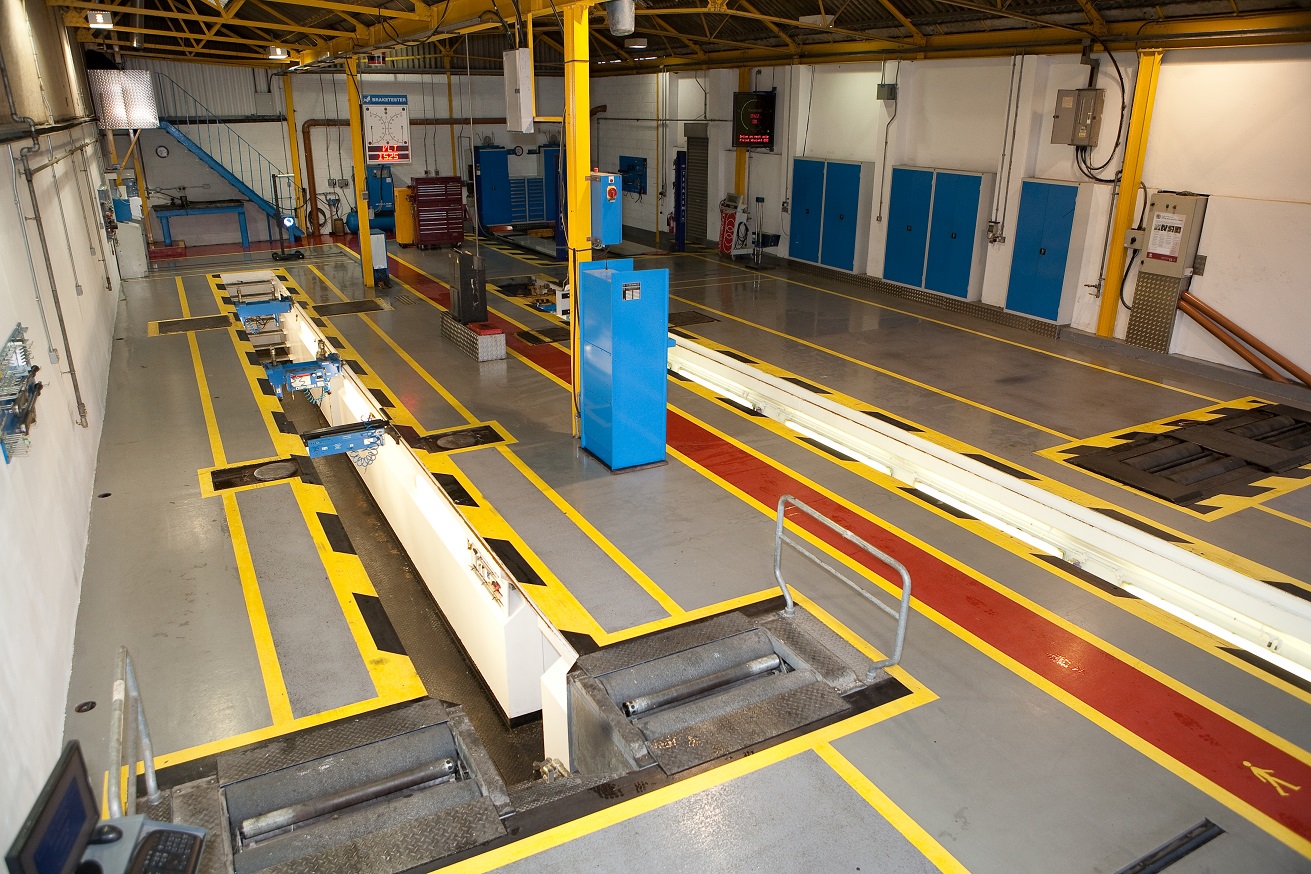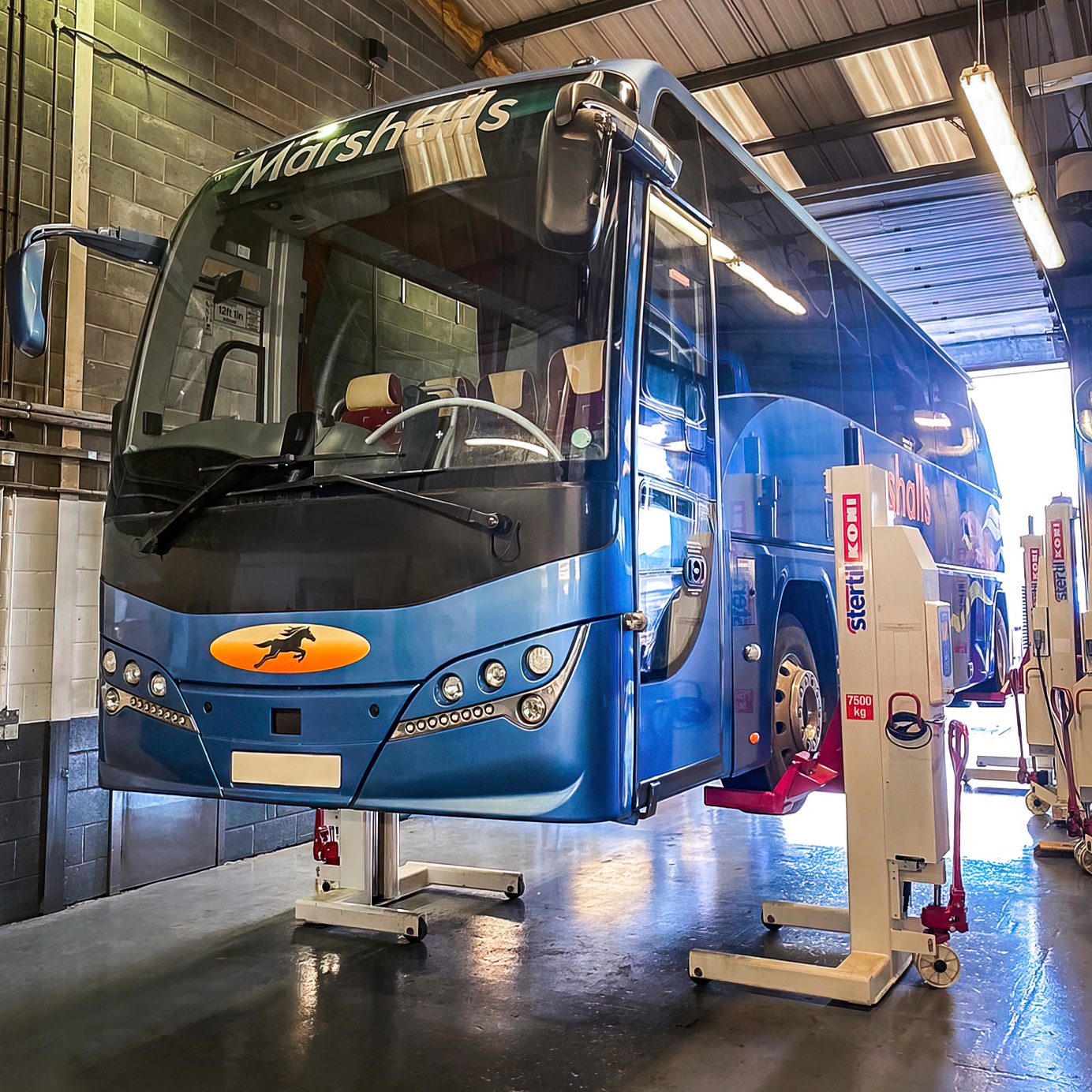The government’s review of heavy vehicle testing has been published. While it concludes that testing “generally is not in crisis,” it recommends that some parts of the regime are subject to attention – including the potential extension of test intervals for vehicles operated by members of Earned Recognition (ER).
Ministers called the review to examine whether current testing provision is fit for purpose and whether it supports or hinders efficient vehicle operation. The review also considers if testing can be improved to best meet the needs of customers.
Additionally, it examines the service delivered during both normal times and the early part of the COVID-19 pandemic. Recommendations are made to “inform strategic operational and ministerial decisions.”
Heavy vehicle testing review ends calls for process to be delegated
The review pours cold water on hopes that delegated testing may be revisited. It states that “the independence of testers is critical (and a legal requirement) to delivering the objectives of annual vehicle testing, so any changes emerging… should not compromise this.”
An earlier amendment to the Business and Planning Bill that would have enabled the Secretary of State for Transport to authorised delegated testing, tabled by Lord Attlee in July 2020, was not taken up. As a result, designated testing proceeded no further.

The Authorised Testing Facility Owners Association (ATFOA) has repeatedly called for the practice, particularly in response to a backlog caused by a suspension of testing between March and July 2020. Delegated testing would involve a suitably qualified ATF employee carrying out the process.
The backlog of tests created in 2020 is “gradually” being reduced, the review says.
Longer test intervals for Earned Recognition members?
A suggestion that ER members’ vehicles couold be subject to “less frequent testing intervals” has arisen because DVSA data already demonstrates that those businesses’ maintenance standards “are exemplary.”
There is an “unsurprising relationship” between ER membership, Operator Compliance Risk Score and low initial test failure rate, the review continues. Any change to testing intervals for ER members’ vehicles should be accompanied by an analysis of the road safety effect, but such an action would have the benefit of increasing overall testing flexibility.
The review also recommends that the current moratorium on the establishment of new ATFs should be reconsidered. That work should be done in conjunction with an examination of the merits of scheduling testers further in advance than at present.
An increase in tester capacity should also be investigated, says the review. But that would bring with it higher testing fees. Any change to fees would need to be consulted on and introduced via a regulation. Because of that, increasing tester capacity “is not expected to be a quick fix.”
App for test results among ongoing DVSA IT project
In other work, DVSA’s Commercial Vehicle Services project, being rolled out until 2025, will create a digital service platform that in part will replace existing IT systems.
Among that work will be an app to capture of results at the time of test. It will allow greater detail to be provided to operators about test results, and for the information to be made available more quicky. It will also ensure that the latest test results are available for DVSA staff at roadside checks.
Various bodies were part of the review stakeholder panel, including ATFOA, the Confederation of Passenger Transport, the Institute of Road Transport Engineers, RHA and the Society of Motor Manufacturers and Traders.



























